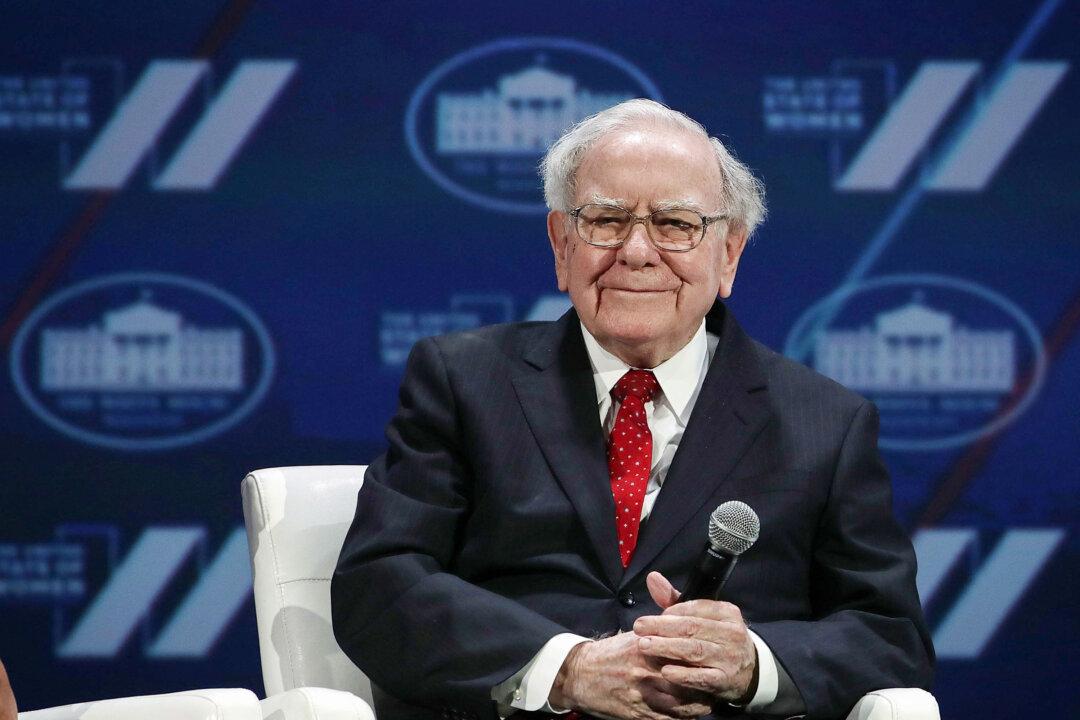Investor and billionaire Warren Buffett told an arena full of shareholders on May 3 that he will retire by the end of the year, capping off roughly six decades of running his Berkshire Hathaway firm that made him a world-famous investor.
Buffett said he will recommend his firm’s vice chairman, Greg Abel, to replace him in discussions with Berkshire Hathaway’s board on Sunday.





